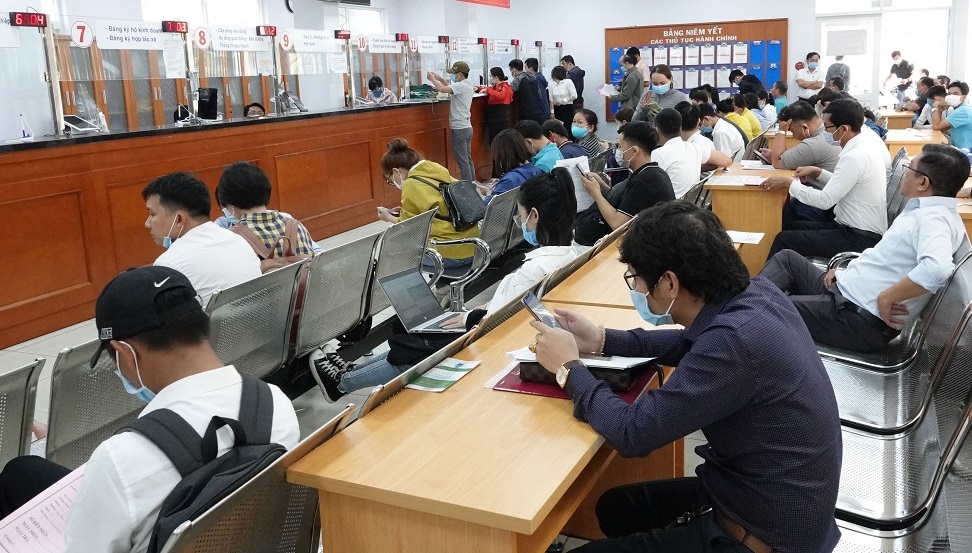British education system
GCSE programme
In the last two years of secondary education, which are called Year 10 and Year 11, starting at age 14, students prepare for GCSE exams that are taken after two years (General Certificate of Secondary Education).
In the UK school system, during the GCSE programme, students study between 9 and 12 subjects. Some of them are compulsory (English, Math, 2/3 Sciences, History/Geography, a Modern Language etc.), some are chosen by each student according to their abilities and preferences. At the end of the 2 year GCSE programme, following the examinations on each studied subject, students receive their GCSE Certificates.
The chosen subjects and the GCSE results are very important for their Further Studies (A-Level or IB) and for their University admission.
Intensive 1 year GCSE
Some schools offer a 1 Year GCSE programme in Year 11 for international students seeking a school education in the UK. These intensive, one year courses, are available for students aged 15 plus, with the appropriate academic level from their own country. Fewer subjects are studied (maximum 6).
IGCSE
The IGCSE programme (International General Certificate of Secondary Education) prepare international students for A-Level and/or IB.
Students study between 5 and 7 subjects, English, Maths and Science being included. Each school has a list of available subjects for IGCSE students. At the end of Year 11, students take exams in each studied subject and receive IGCSE Certificates.






